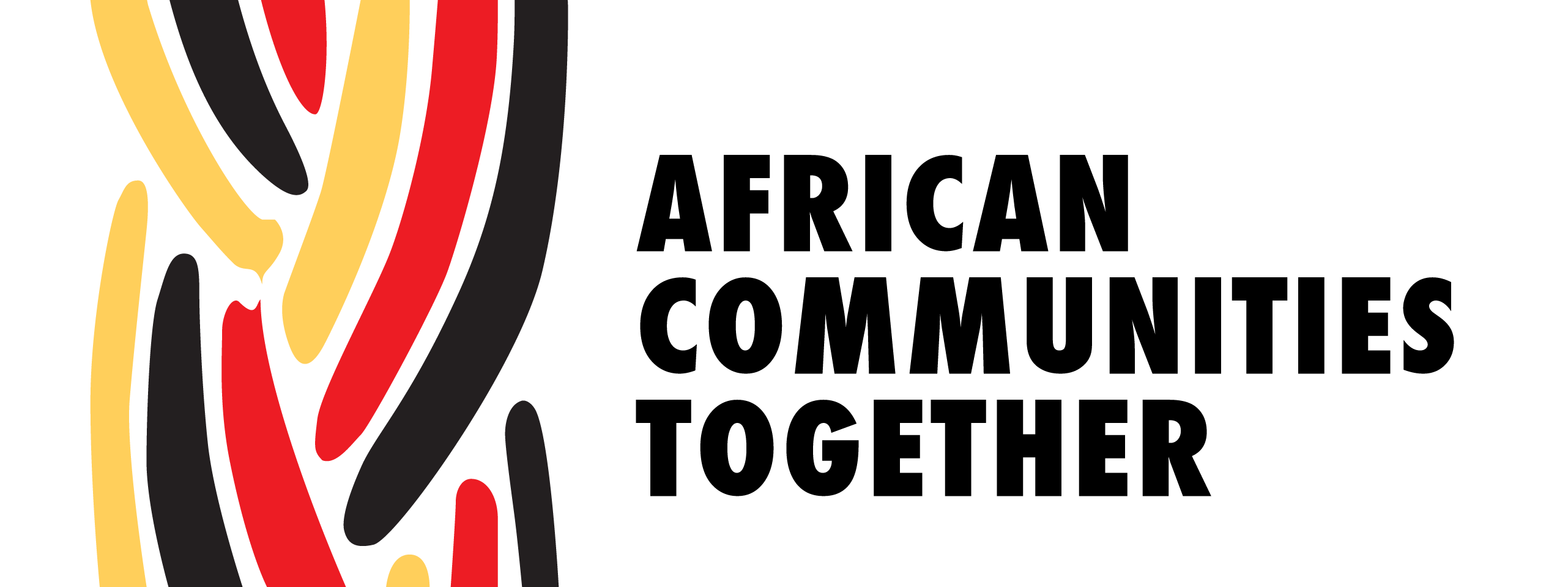Background
Mali has been experiencing a civil war (with varying degrees of intensity over time) since 2012 when Tuareg rebels temporarily seized control of the northern half of the country. Since then, the conflict became multifaceted and now involves the Mali government and its foreign allies, a variety of armed fundamentalist groups affiliated with al-Qaeda or ISIL, and local ethnic militias (some of which have connections with the state). The conflict led to numerous disruptive changes in leadership of the state; the military seized power three times in a ten-year period in 2012, August 2020, and May 2021. The current interim president, Assimi Goita, led both of the latter two coups and is seemingly disregarding promises to complete a democratic transition that was promised after the 2020 coup. A sizeable UN peacekeeping mission 14,000 strong is present in the country, but it has been described as the most dangerous peacekeeping mission in the world with over 200 peacekeepers killed. The UN’s official expert for the country, Alioune Tine, averred in August 2021 that the deteriorating security situation is threatening the survival of the state.
Hundreds of thousands have been displaced from their homes. In November of 2021 there were 401,736 internally displaced persons (IDPs). In that same month 158,958 Malians were living as refugees abroad. Scores of people have been killed in bombings, massacres, and shootings. In 2021 Islamists committed several massacres in villages, killed dozens with improvised explosive devices, and also killed dozens by firing on a loaded bus. French airstrikes intended for al-Qaeda or ISIL fighters frequently kill civilians; a wedding was bombed by the French in January 2021, and two months later a group of teens out hunting on motorcycles were also hit with an airstrike (Islamists sometimes use motorcycles which might have led the French to misidentify the teens). On March 23, 2019, Dogon militia (who had connections with the Malian government) attacked a Fulani village (there were allegations that the Fulani were connected to jihadists), killing 175 people. The militia attacked the same village the following year and killed an additional 30. Abductions are another common tactic of armed groups; the UN peacekeeping mission in Mali documented 328 abductions in the first six months of 2021. The Malian army meanwhile is suffering from low morale and high casualties; it was withdrawn from some areas of the country it lacks the capacity to control.
The conflict has continued for a decade and involves a multiplicity of armed actors (both state and non-state) willing to use indiscriminate violence to achieve their goals. Mali’s government is unstable. These factors make it unsafe for Malians abroad to return home and could justify a TPS designation.
Mali is experiencing the effects of climate change and suffers from droughts and floods which destroy livestock and crops. In 2021 1.2 million people were food insecure. Decreases of grazelands in the northern parts of the country lead to internal migration of pastoralists to the south and conflicts with sedentary farmer populations (these factors are part of what’s underlying the Fulani-Dogon conflict mentioned above). The impact of the conflict compounds the country’s environmental pressures. These environmental factors could underpin a TPS designation, but the Malian government would have to request a TPS designation (this is not true for the armed conflict and extraordinary and temporary conditions grounds). Since the US has condemned the Goita government for its disruption of the constitutional order, this is unlikely to happen.
Mali’s descent into military dictatorship can be considered an extraordinary and temporary condition. As noted above, interim president Goita has delayed any transition to ordinary constitutional government. As the military has consolidated control of the country, it has committed multiple human rights abuses in its response to the conflict. Between December 2020 and October 2021 the Malian army were implicated in at least 40 extrajudicial killings and 20 enforced disappearances. This included an incident where soldiers attacked people in a bus because of supposedly suspicious items on board – 13 people were beaten to death. In October 2021 dozens of villagers in Sofara were detained due to terrorism allegations; soldiers murdered several of them. Malian soldiers have also reportedly engaged in torture. In 2019 during a counterterrorism operation some Fulani villagers were detained and tortured. Shortly after the coup in 2021 soldiers allegedly tortured three members of the overthrown government. These incidents paint a picture of a government acting indiscriminately in response to problems. Since the human rights situation is progressively deteriorating, it is unsafe for Malians abroad to return and potentially lose the enjoyment of civil rights.
What is TPS?
Temporary Protected Status is a humanitarian relief granted by the Secretary of the Department of Homeland Security (DHS). It was established by Congress recognizing the dangers of returning immigrants to their home countries experiencing ongoing armed conflict, natural disasters, or other extraordinary or temporary conditions that are a threat to their safety. If the country's conditions reflect one of the above statutory grounds of eligibility, the Secretary provides a designation of Temporary Protected Status (TPS). DHS makes the final decision on whether to designate TPS for a country, hence requiring a great deal of push from advocates. Learn more about TPS here.
Press Releases
100+ ORGANIZATIONS CALL ON BIDEN ADMINISTRATION TO DESIGNATE MALI FOR TPS
ORGANIZATIONS CALL FOR DESIGNATION OF TEMPORARY PROTECTED STATUS FOR MALI
